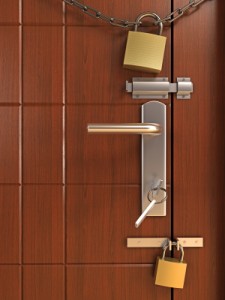 Rationalization refers to the manufacture or invention of reasons for problem behavior that make it seem OK, at least in the addicted person’s mind.
Rationalization refers to the manufacture or invention of reasons for problem behavior that make it seem OK, at least in the addicted person’s mind.
This excuse-making may be social (“everyone does it”), psychological (“I’ve been under a lot of stress lately”), emotional (“it started when my grandmother became ill…”), physical (“if these damn headaches would stop…”), financial (“I need a big score to get out of debt”), occupational (“I lost my job”), or very often, marital or familial (“if you were married to you, well, you’d probably need to use drugs, too.”)
Whatever the excuse, it distracts from the irrationality of the response. So your boyfriend left you – how does cocaine help you get another relationship? So you were fired – how does gambling make you more employable? So you were abused as a child – how does justify today’s dangerous promiscuity? By justifying the problem behavior, rationalizing interferes with the potential for change.
In addiction literature, rationalization is defined as: “Making excuses or coming up with ‘reasons’ for drug or alcohol use, or the problems related to it.”
Examples:
- “I’m drinking too much, but it’s because I’m under a lot of stress at present”
- “I have to do drugs because I’m so depressed”
- “I’m not old enough to consider completely giving up drugs.”
Result: The rationalizer’s excuses prevent him/her from taking positive action to give up alcohol or drugs.
How we answer it: “Disconnect” the excuse from the behavior.
How it ends: Eventually, the rationalizer (through painful experience) realizes that instead of serving as a remedy, drugs and alcohol are actually making problems worse.
Previous: Defense: Denial
Next: Defense: Externalization
Alcoholic Defenses -More from this series:
- Alcoholic Defenses
- Defense: Intellectualizing
- Defense: Rationalization
- Defense: Externalization
- Defense: Minimizing
- Defense: Fantasy
- Defense: Denial





